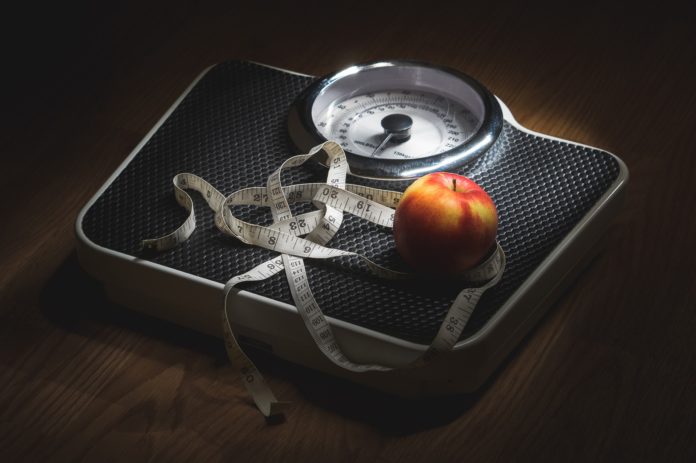Eli Lilly’s new dual-action diabetes drug shows promise in lowering average blood sugar levels by 2.4% and weight by 12.7% in type 2 diabetes patients
A novel diabetes drug from Eli Lilly, which targets two key gut hormones (Glucagon-like peptide 1 or GLP-1 and GIP) at the same time, reduced blood sugar levels in type 2 diabetes patients by up to 2.4 percent points (HBA1c) and produced an average weight reduction of up to 12.7 percent in a mid-stage study (phase-2).
This drug could prove to be a massive upgrade on the currently available single hormone GLP-1 analogues. Both GLP-1 and GIP are gut hormones from the incretin family, which act by stimulating insulin secretion and inhibiting glucagon secretion, thereby lowering blood sugar levels. GLP-1 agonists are most often used by people with type 2 diabetes who have inadequate blood glucose control with just metformin and/or other oral drugs.
The initial findings of the study were presented at the 54th Annual Meeting of the European Association for the Study of Diabetes in Berlin and simultaneously published in The Lancet.
What really stood out was the weight loss numbers (-4.8 kg for 5mg dose, -8.7 kg for 10mg dose and -11.3 kg or –24.9 lb for 15mg dose)
In this study, researchers evaluated the efficacy of four doses of GIP/GLP-1 RA (1 mg, 5 mg, 10 mg, 15 mg) and compared it to placebo and presently available dulaglutide 1.5 mg (GLP-1) in people with type 2 diabetes. At 26 weeks, the new molecule (LY3298176) showed a robust improvement in dose response when compared to placebo and dulaglutide across multiple parameters.
HBA1c target of 7% or less was achieved in 90% of participants taking the 10mg dose while 30% of people achieved HBA1c levels of 5.7% or less (levels seen in non-diabetics). HbA1c is the average blood glucose (sugar) levels for the last two to three months.
What really stood out was the weight loss numbers (-4.8 kg for 5mg dose, -8.7 kg for 10mg dose and -11.3 kg or –24.9 lb for 15mg dose). More than a third of people lost 10 percent or more of their starting body weight with 10 mg dose (39.2 percent).
“These phase 2b clinical trial results for GIP/GLP-1 RA are unprecedented, and the impressive blood glucose and weight reductions seen may lead to a new treatment option for people with type 2 diabetes,” said lead investigator Juan P. Frias, M.D., National Research Institute.
“The next wave of innovation in the study of incretins for treating type 2 diabetes is fascinating. We’re taking the already proven benefits of GLP-1 receptor agonists and looking at a new molecule that integrates GIP action to see what additional benefits are possible,” Frias added.
Lilly said it intends to complete its phase 3 trial for the drug by late 2021, and is also evaluating the drug for treating obesity, among other conditions.



[…] Source link Causes of Diabetes […]
I was diagnosed as type 2 last year, my weight was 125kg, my doctor wanted me to start insulin and encouraged a diet with an alarming amount of carbs, so I went to boots and bought a blood sugar tester that I used every day, and started on a Atkins type diet. I.e no carbs….. and when I say no carbs I really mean none. So lots of meats and fish, eggs etc. I also got some useful information here http://mydiabetesway.com/the-16-best-foods-to-control-diabetes I gradually started loosing weight at a rate of 3kg per month and Im now 94kg, I have never taken insulin and in a few months I will be my target weight. my lifestyle can never go back to carbs, but I can have some nowerdays without my blood sugar increasing, so if I want a curry I can have a Nan bread with it but no rice chips etc. And to be honest when you cut out carbs you can eat a lot of really tasty things that help lose weight a fry up without the beans is fine, lamb chops and kebabs without the bread etc. The only downside is because of the extra fat intake I need to be doing daily cardio. I really believe doctors are offered too many incentives by drug companies and tend to love writing prescriptions instead of encouraging a positive change in our lifestyles.
[…] Source Causes of Diabetes […]